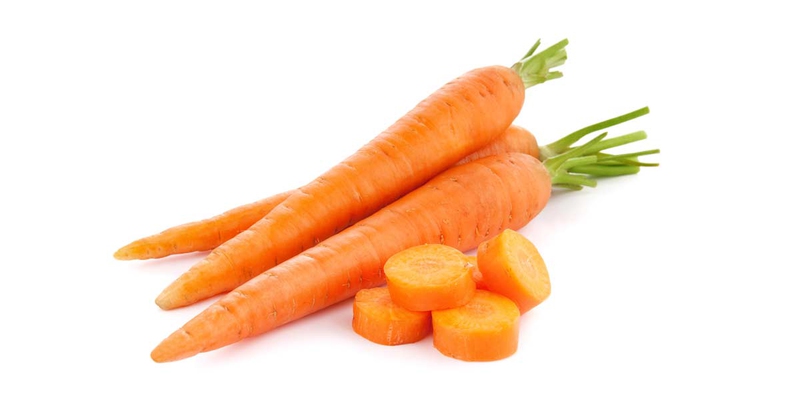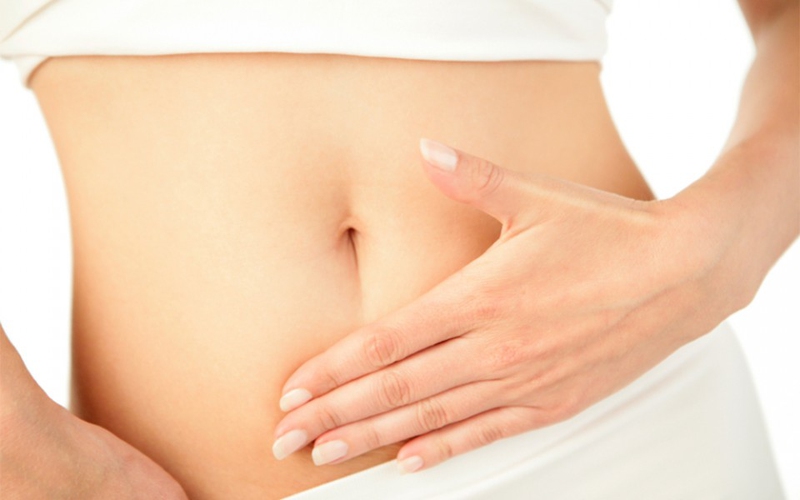You might not be enthusiastic about watching your stool after you have had a bowel movement, but it can provide you a lot of information about your digestive system’s health. For instance, the color of your stools can give you an idea about your digestive health. If it has an orange coloration, it may be caused by eating too many carrots. However, it can point towards a health condition as well. The following are some of the causes that can result in you having an orange poop.

Potential Causes of Orange Poop
Food Preferences
Eating foods that contain beta carotene in large quantities like carrots, sweet potatoes pumpkins and apricots everyday can cause you to have orange stools. This is not a matter of much concern. In fact, beta carotene foods have an ample amount of Vitamin A in them and are extremely beneficial for the eyesight.
Too Much Preserved Food
Preserved foods like jellies, junk foods, artificial fruit juices and soft drinks contain artificial colorants. The body is not able to absorb or break these artificial colorants and thus has to flush them in their original form, giving your stool an orange color. If you consume too much preserved food, you might have to contend with orange poop.
Large Quantity of Escolar
Eating great amounts of Escolar, which is a type of fish having a large quantity of fat, can cause orange stools as well. The reason for this is that fat contained in Escolar is indigestible for our body and is flushed out as it is. The reason for the fat contained in Escolar is because it has a digestive problem which prohibits the breakdown of waxes that form a large part of its diet. So this wax is stored in Escolar’s flesh as oil which is why it so sticky to eat.
Digestion Problems
Having orange stools can be a sign that the food you are eating is not interacting with bile salt or is not being treated with it at all before being excreted. Bile which is naturally yellowish green in color plays an important role in turning stools brown by reacting with the enzymes present in the bowel.
Lack of bile absorption can be put down to low production of bile in the body which may be a sign of gallstones, cysts or tumors. It can also be put down to the quick passage of stool through the body as well, which is a sign of short bowel syndrome, diarrhea and irritable bowel syndrome.
Gastroesophageal Reflux Disease (GERD)
Gastroesophageal Reflux Disease (GERD) is a health condition which is characterized by heartburn, abnormal coughing, chest pain and sore throat. In this condition, the bile reaches up to the throat through the esophagus. This causes the bile to remain away from digesting foods since it is on its way out of the body via the throat.
Certain Supplements
Supplements containing high amounts of beta carotene or Vitamin A can cause orange stools. Moreover, antacids having aluminum hydroxide as an ingredient can result in orange poop as well. Thus, if you are having orange colored stools, you must check your supplements and antacids.
Parasites
Parasites can also be among the causes of orange colored stools. There are some parasites that have been known to change the color of stools. If parasites are causing you to have orange poop, then you are going to experience nausea, diarrhea and vomiting as well.
Underlying Diseases
Gallstones block the bile ducts and can thus cause orange stools. Crohn's Disease is an inflammatory condition which affects the bowel. Besides, irritable bowel syndrome and short bowel syndrome all can cause your poop to become orange.
When to See a Doctor
You must visit a doctor immediately if you are unable to associate the changed color of your stool to something you have eaten off before. Moreover, if you are experiencing other symptoms like dizziness, diarrhea, constipation and weakness along with your orange stools then you must consult your doctor as early as possible.
- 1.







View All Comments /Add Comment